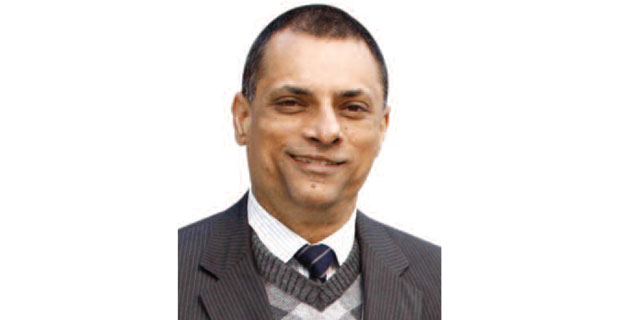Editor’s Desk
“Let every nation know, whether it wishes us well or ill, that we shall pay any price, bear any burden, meet any hardship, support any friend, oppose any foe to assure the survival and the success of liberty”
—President John F. Kennedy, inaugural address, January 20, 1961
Undoubtedly, President Kennedy’s most emotion-evoking word in his famous inaugural speech of over 61 years ago is ‘liberty’. The world today, more than anything else, is aligned against the oppressors of free speech and the liberty of man. Free speech that, of course, is not of the hateful or the sordid kinds, but the one that expresses the human desire to live and speak without having to feel fear of state reprisal and imprisonment.
Continental Europe including the Baltic states and most of the Balkans, the Nordic nations, the United Kingdom and Ireland, along with their greatest trans-Atlantic ally, the US, are fundamentally opposed to the oppression of free speech, as is the rest of the world. On the other side of the divide, on what was an Iron Curtain, stands Russia. Free speech, part of mankind’s eternal liberty, is not a thing that has been practiced freely in Russia’s neighbor China either. Here, those who speak out against state oppression are regularly beaten up, disappear or find themselves in prison. Such have become the ways of the nations that are opposed to upholding freedom and human liberty.
The Cold War that had heightened during most parts of the 20th century, including when Cuba started harboring Russian missiles when Kennedy was President, was showing definite signs of thawing in the 21st century. But once again the thaw is gone, and the freeze is back. It started when parts of pro-Russia Ukraine declared independence and Russia decided to physically annex them. Much to the consternation of the peace-loving world, freedom and liberty—or their abject absence—is at the core of today’s problem. It has also pushed the world towards an energy crisis of unprecedented proportions.











Comments.